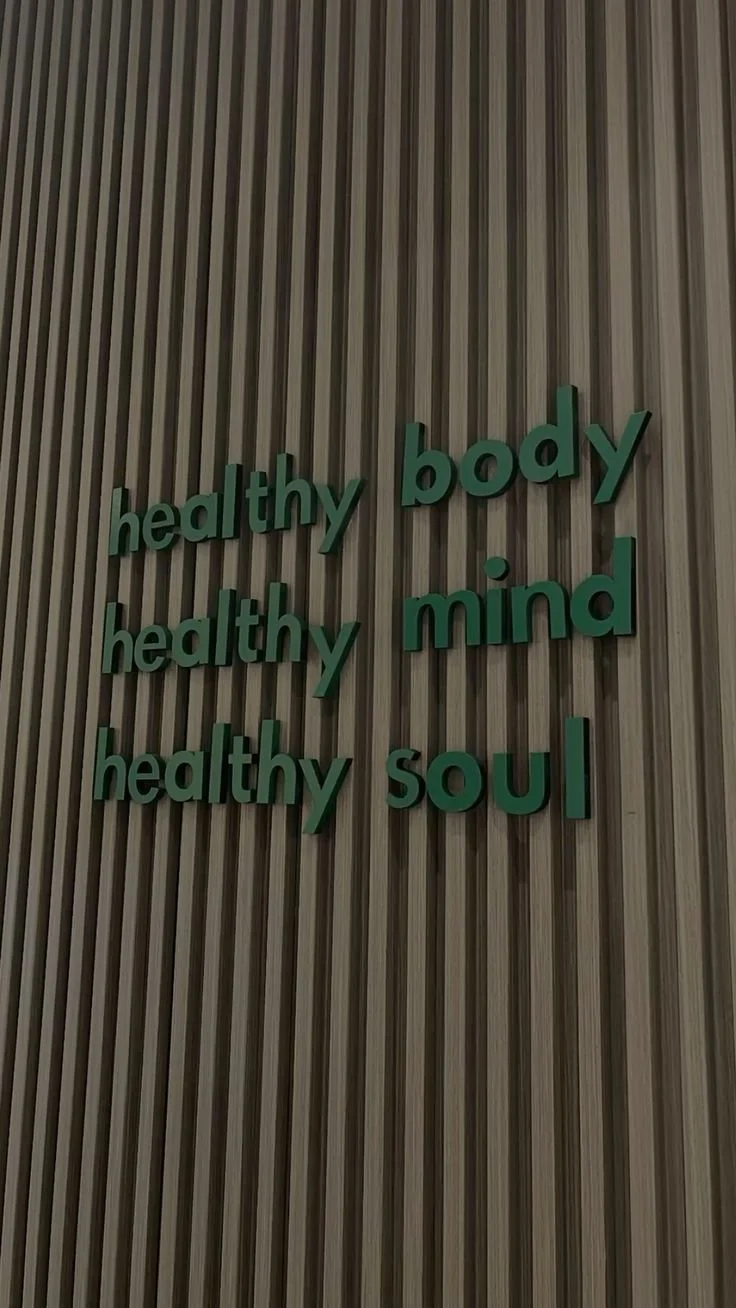Senior Stress Management: Promoting Mental Wellness In Aging
As we age, life brings a series of transitions—retirement, health changes, the loss of loved ones, or relocating to new environments. While these changes are often inevitable, they can also be emotionally taxing. For seniors, managing stress becomes not just important, but essential for maintaining mental, emotional, and physical well-being.
Stress, if left unchecked, can significantly impact a senior’s quality of life. That’s why understanding the causes of stress and learning how to manage it effectively is key to aging with grace, dignity, and joy. In this article, we explore what stress looks like in older adults, why mental health matters, and the most effective techniques to support emotional wellness in later life.
What Is Stress for Seniors?
Stress occurs when the body and mind react to challenges or pressure. While a small amount of stress can be motivating, chronic or intense stress can lead to anxiety, depression, and physical illness.
For seniors, stress can be particularly harmful, often worsening existing health conditions or contributing to memory issues.
Common causes of stress in older adults include:
Financial concerns
Loneliness or social isolation
Loss of friends, spouses, or family members
Caregiving responsibilities
Physical health changes or chronic illness
Understanding these triggers is the first step in developing strategies to reduce stress and improve overall well-being.
Why Mental Health Matters for Seniors
Mental health refers to emotional, psychological, and social well-being. For seniors, maintaining good mental health is crucial because it directly affects physical health, relationships, and independence.
When mental health is compromised, seniors may experience:
Fatigue or low energy
Withdrawal from social activities
Poor self-care habits
Increased risk of cognitive decline
On the other hand, strong mental wellness supports:
Positive outlook and emotional resilience
Better sleep and appetite
Stronger immune function
Cognitive sharpness and memory retention
Prioritizing mental health helps seniors enjoy a more fulfilling and active lifestyle.
Effective Stress Management Techniques for Seniors
Incorporating simple, effective stress-relief techniques can make a significant difference in a senior's daily life. Here are some proven methods:
No. 1
Physical Activity
Regular exercise is one of the most powerful tools for reducing stress.
Gentle activities such as walking, swimming, yoga, or tai chi can:
Improve circulation
Release endorphins (natural mood enhancers)
Enhance sleep quality
Boost social interaction when done in groups
No. 2
Mindfulness and Relaxation Practices
Mindfulness encourages living in the present moment rather than dwelling on the past or worrying about the future.
Techniques such as:
Deep breathing exercises
Meditation
Progressive muscle relaxation
...can help calm the mind and reduce anxiety. Even just 10 minutes a day can make a noticeable difference.
No. 3
Social Connection
Strong social ties are essential for emotional support.
Seniors benefit from:
Regular contact with family and friends
Joining community groups or clubs
Volunteering or participating in group activities
These interactions reduce feelings of isolation and foster a sense of belonging.
Headspace
Headspace helps you create life-changing habits through actionable tools to support your mental health and find a healthier, happier you.
Try it for free!
No. 4
Healthy Lifestyle Choices
A well-balanced lifestyle supports both physical and mental health.
Encourage:
Nutritious meals rich in vitamins and minerals
Proper hydration
Limiting alcohol and caffeine intake
A healthy body is better equipped to manage stress and recover from illness.
No. 5
Seeking Professional Support
Sometimes, professional help is necessary. Counseling or therapy can provide valuable coping tools, especially during major life changes.
Support groups offer shared experiences and encouragement
Mental health professionals can guide seniors through grief, anxiety, or depression
Specialized facilities may offer additional aging and stress management strategies
No. 6
Structured Routine and Purpose
Having a daily routine provides stability and a sense of control.
Encourage seniors to:
Set achievable goals
Engage in hobbies or creative activities
Participate in lifelong learning or skill-building
These activities offer mental stimulation and a sense of accomplishment.
How Others Can Help
Family members, friends, and caregivers play a vital role in supporting senior mental health.
Here’s how they can help:
Be present and listen without judgment
Offer assistance with daily tasks when needed
Create a safe, comfortable, and familiar home environment
Encourage participation in social and physical activities
Healthcare providers should also regularly assess mental health and offer resources or referrals when signs of stress or depression emerge. Educating seniors about stress-reduction techniques empowers them to take control of their well-being.
Takeaways
Managing stress is a vital part of aging well. When seniors adopt simple, effective stress-relief strategies, they can experience greater happiness, improved health, and a more fulfilling life.
Supporting mental wellness doesn’t just benefit the individual—it uplifts families and communities as a whole. By prioritizing emotional health, we can help ensure that the later years of life are filled with peace, purpose, and joy.
If you’d like to explore more helpful resources on senior wellness and stress management, be sure to visit our blog. Together, we can make aging a time of strength, serenity, and satisfaction.
Looking for Wellness resources?
Are you looking to enhance your wellness routine? Explore our wellness partners who offer a wide range of resources to support your journey toward holistic living and well-being.































